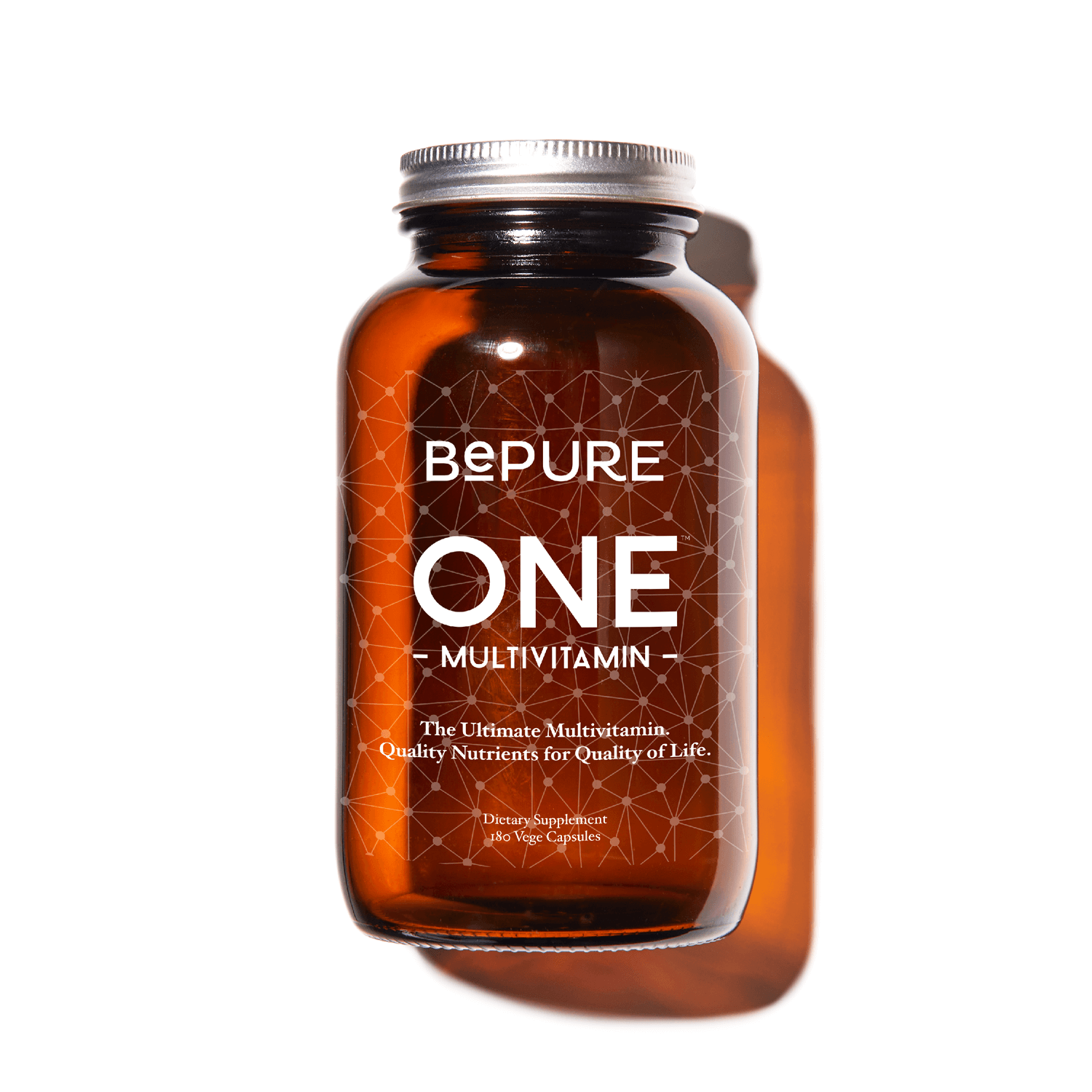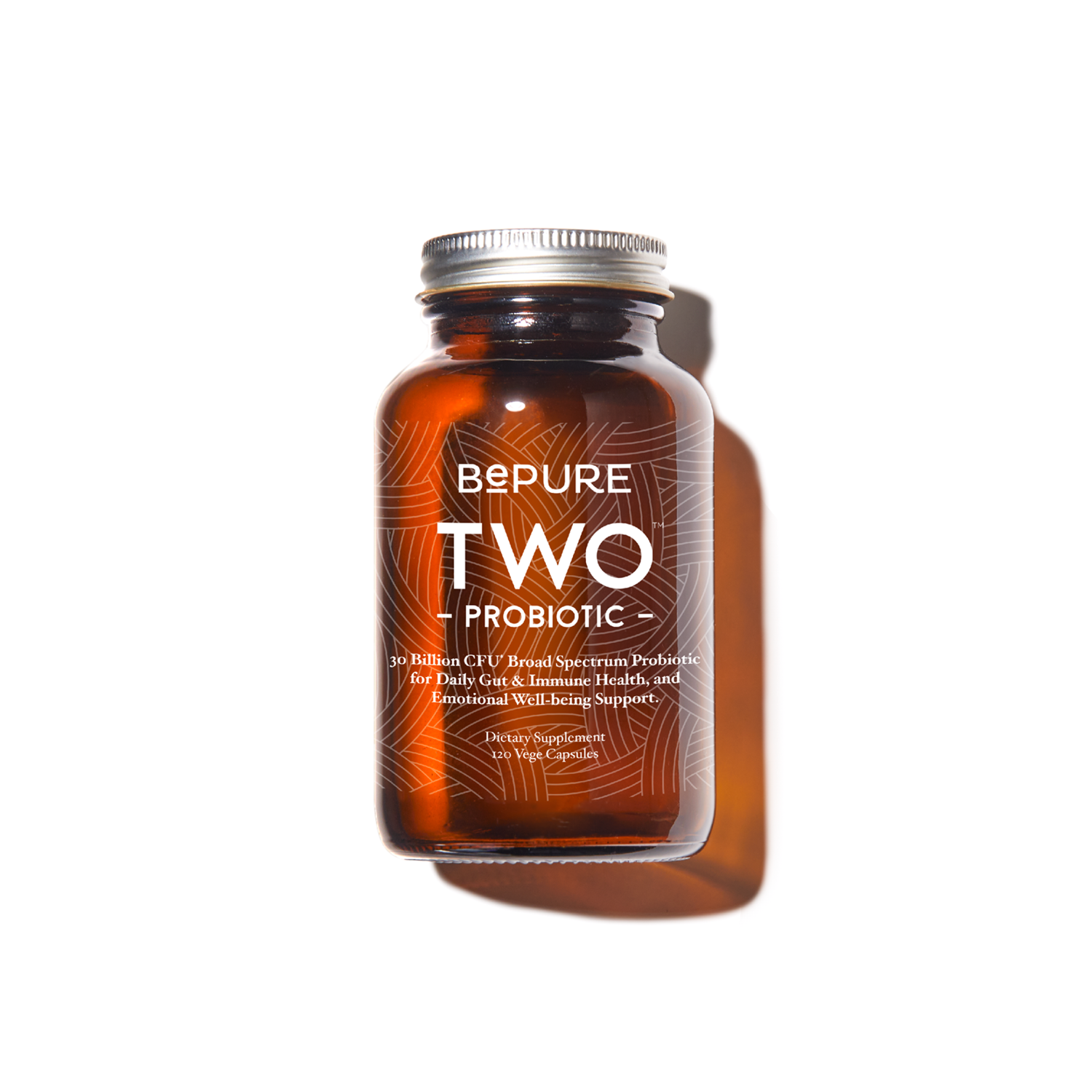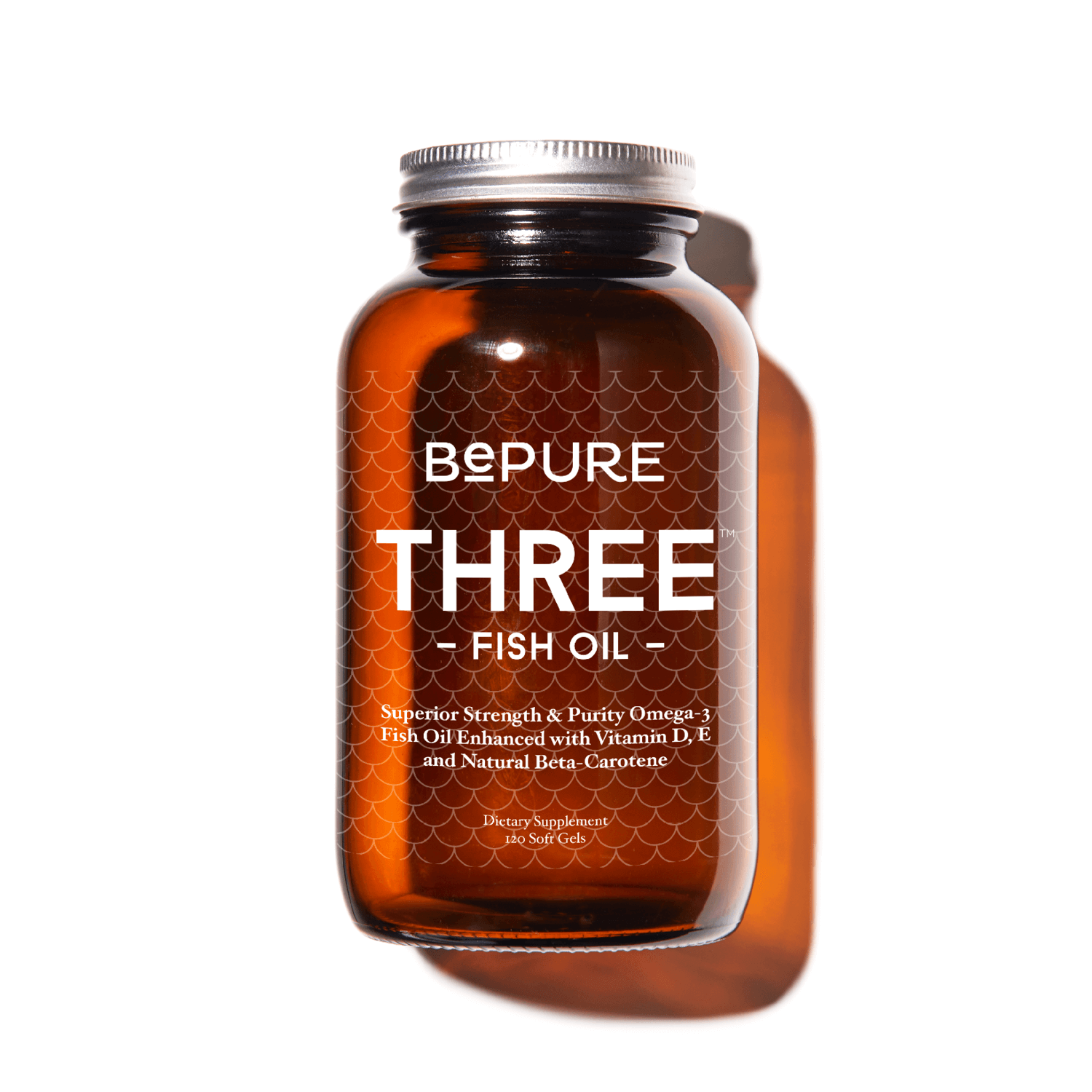"The food we eat can either promote and support our energy levels, or work against us, taking up more of your energy to digest and detox it from your body."
Energy is what gets us out of bed each morning. It’s what gives us the ability to do the things we love. Or, if we don’t have enough of it, it can be the reason we don’t do the things which excite us.
One of the best ways we can boost our energy levels is by fuelling ourselves with nourishing nutrient dense foods. But we can also hinder our energy by eating foods that don't serve us. These include foods high in processed sugars, grains and gluten, as well as caffeine and alcohol. Let's take a closer look at how these foods impact your energy levels.
How Food Impacts Your Energy
1. Stable Blood Sugar Levels
When looking to boost your energy levels, the key thing to consider is eating a diet that minimises cortisol and stress within your body.
This means eating in a way that ensures stable blood sugar levels to reduce the stressful blood sugar highs and lows. It also means reducing foods that cause a cortisol response in your body. Yes, this means caffeine, refined sugars and refined grains.
I’m not suggesting you can never eat these foods. BUT it is important to understand HOW these foods interact with your hormones and bodily systems.
2. Long-lasting Energy
Stimulating substances such as; caffeine, sugar, refined carbohydrates and alcohol, all raise insulin and cortisol within the body. They provide an immediate source of energy but the high is short lived. I always say coffee gives you energy, but it’s not for free, it's stealing it from your future!
"I always say coffee gives you energy, but it’s not for free, it's stealing it from your future!"
This also places strain on your adrenal glands to keep producing cortisol. Consequently, they are unable to produce other vital hormones in effective amounts. If low energy is a concern for you, stay away from alcohol, sugar and refined grains. If you currently consume coffee, keep it to 1 cup per day, before midday.
Once food is consumed, it is then broken down into its three macronutrient parts which provide us with energy:
- Proteins
- Fats
- Carbohydrates
The problem with both refined sugar and grains is that the release of these carbohydrates into our bloodstream is incredibly quick. Simply put, our bodies do not have to work very hard to access the energy. Because of this, refined grains and sugar cause blood sugar spikes and energy crashes as insulin is produced to store the sugar and mitigate the quick rush of glucose and fructose.
I always like to provide an example at my seminars using the Glycemic Index and both white table sugar and cornflakes. The Glycemic Index is a scale used to determine how quickly glucose from a food affects our blood sugar levels.
Pure glucose sits on the scale at 100. On the GI scale, table sugar sits at 63 while a slice of white bread sits at 73 while cornflakes are 78.
"We know that sugar is a food we should be limiting, but actually white bread and cornflakes spike our blood sugar levels even more than table sugar!"
It's important to note that there are different types and qualities of grains and we don’t recommend excluding all grains from your diet. Try adding more soaked, gluten-free whole grains to your diet, such as; brown rice, quinoa, buckwheat, amaranth and millet. Soaking the grains before you consume them increases the digestibility of these complex carbohydrates.
What can you do if you're lacking in energy?
1. Increase your fibre intake
A recent study at Cardiff University showed subjects who ate a high fibre breakfast reported a 10% reduction in fatigue, lower incidence of depression, and better cognitive skills.
One theory: Fibre helps slow down the absorption of food in the stomach, which keeps your blood sugar levels steady to sustain energy levels for a longer period of time.
Contrary to cereal company marketing, you can get more fibre from fibrous vegetables than refined grains. If you tolerate gluten-free grains such as buckwheat, these are also a great source of fibre. Leafy green veggies, chia seeds, avocado, psyllium husk, ground flaxseed and berries are all rich in fibre and delicious. Conveniently these are also all wonderful additions to smoothies!
2. Take a break from coffee
Coffee can be a good addition to your lifestyle depending on your personal context. I believe most of us are drinking too much to support the current state of our hormones. If you are well slept and eat a nutrient dense diet, 1 cup of organic coffee a day can be a wonderful and nourishing addition. However, how we are drinking our coffee matters.
If you experience short-term or long-term energy issues, beginning your day with a double shot espresso will result in a blood sugar and cortisol spike that tells your body it needs to be in fight or flight mode. Try moving your coffee from first thing when you wake up to mid-morning after you’ve eaten. Notice if it has an effect on your sugar cravings and mood at 3pm.
Instead of coffee try starting your day with warm water and lemon or apple cider vinegar. This will help your body’s natural detoxification pathways.
3. Drink more water
Many people who complain of fatigue are actually dehydrated. Staying hydrated is one of the simplest ways to keep energised and focused. A recent study of athletes at Stanford University found that 92% felt fatigued after limiting fluids and water-rich foods for 15 hours; they also had lapses in memory and reported difficulty concentrating. If you are feeling hungry and ate within the last two hours this is also a clue that you might be dehydrated.
4. Look at your previous meal
Feeling fatigued or sleepy within an hour of eating can give huge insights into your eating habits. Just observe. It may be that dairy makes you feel tired if you eat it at lunch. If you notice this, you can try going dairy-free for a few days to see if the symptoms improve. It can also give you clues to how you're eating as much as what you are eating. Did you eat too much? Too quickly? Too much fruit? Not enough protein? It's about eating right for you.
A wise person once said to me that how you feel after every meal is like a report card about your habits around consumption. Don't dwell on what you ate or didn't eat or how much you ate - we aren't striving to be perfect. We are viewing each meal as an opportunity to learn about our own unique biochemistry. Be honest. Is what you are eating completely serving you?
5. Go for a walk
A short stroll can invigorate the rest of your day, suggests research presented to the American Heart Association. Women who walked briskly for 70 minutes a week (or 10 minutes after lunch a day) reported 18% more energy than their sedentary peers after 6 months. They also felt more clear-headed and confident, had fewer aches, and hoisted groceries and climbed stairs more easily.
What if you're always tired?
If a lack of energy is persistent for you, consider the quality of your sleep, caffeine intake, sugar intake, stress management and workload. However, these short terms tips will help get back on track to optimal health and energy.



